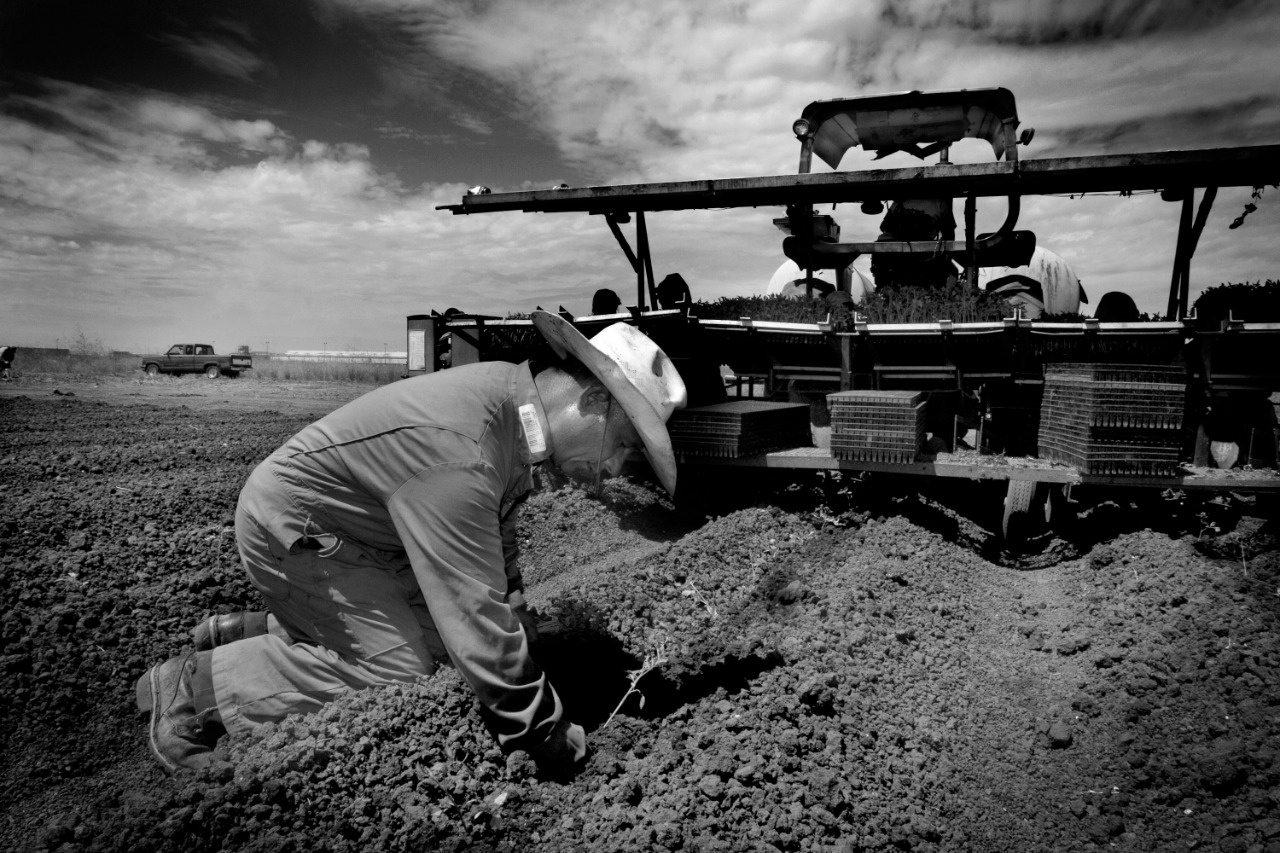
In order to protect outdoor workers, the Senator Alex Padilla Last week, he visited the city of Delano, in the Valley, to promote the Law for the Prevention of Fatalities and Heat-Related Illnesses of Asunción Valdivia, seeking to help those who, among other tasks, put food on our tables.
The bill requires the Department of Labor to promulgate an occupational safety or health standard on the prevention of exposure to excessive heat, which includes exposure to outdoor or indoor heat at levels that exceed the body's ability to maintain normal bodily functions and may cause heat-related injuries, illnesses, or fatalities.
Additionally, the bill establishes requirements related to training and education to prevent and respond to heat illness and whistleblower protection.
The push comes after July 2023 was recorded as the hottest on record in the country, putting 170 million Americans under extreme heat alerts.
"Every day that we fail to act is another day that someone risks their life in their efforts to provide for their family," said Senator Padilla.
During his visit to The Forty Acres in Delano, the Democrat said that “this is not just a workers’ rights issue, it affects the moral heart of our nation and yes, we need to do more.”
The legislation is named after Asunción Valdivia, who in 2004 fell unconscious after picking grapes for ten hours straight in 40-degree heat. Instead of calling an ambulance, her boss told Mr. Valdivia's son to take his father home.
On the way home, he began foaming at the mouth and died of heatstroke. Due to the lack of heat safety precautions and emergency plans, a son had to witness an avoidable death at the age of 53.
Mr. Valdivia’s death was entirely preventable, but his story is not unique. Teresa Romero, president of the United Farm Workers Foundation, who accompanied Senator Padilla on his tour, recalled that on August 8, Elidio Hernandez, 59, died of heat stress while working near Fresno.
"He told his supervisor that he didn't feel well. His supervisor told him to keep working when he collapsed, no one called 911. He died in the field," Teresa Romero said.
Padilla acknowledged that California already has strict laws, but said they need to exist across the country.
The federal official reminded people who work in extreme heat conditions that they have rights, and that they can file complaints with Cal/OSHA by calling 833-579-0927.
It is worth noting that, if Asunción Valdivia's Heat-Related Fatalities and Illnesses Prevention Bill is accepted, it would order the Occupational Health and Safety Administration to enact a rule requiring employers to implement certain measures to protect workers from heat stress and related illnesses or injuries.
Heat stress refers to the heat load experienced by a person due to sources of heat or heat retention ‒ including metabolic heat, environmental factors, and personal protective clothing or equipment ‒ or the presence of heat in a work environment.
Additionally, if an employer is unable to reduce heat stress exposure below hazardous levels through engineering controls—e.g., heat shields and insulation—or personal protective equipment—heat-reflective clothing—the employer must implement a program that mitigates such exposure through access to appropriate hydration and cooling spaces, acclimatization policies, and periodic paid breaks.
Additionally, the bill would establish requirements related to judicial review, implementation, enforcement, record keeping, and whistleblower protection related to the rule.
The bill also requires the Department of Labor to include questions about heat-related illnesses and injuries in the National Agricultural Worker Survey — an employment-based, random sample survey of U.S. agricultural workers that collects demographic, employment, and health information.
You may be interested in: Haunted by mass shootings in Half Moon Bay, Chinese farmworkers seek a way back

